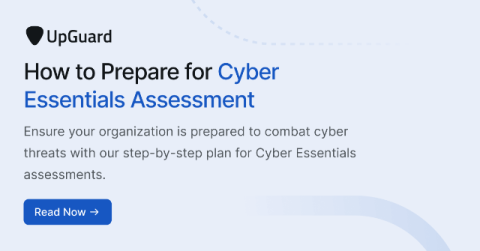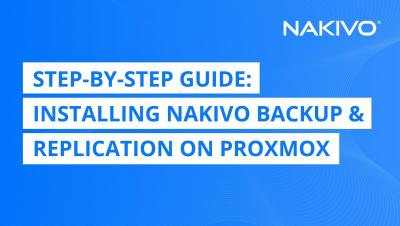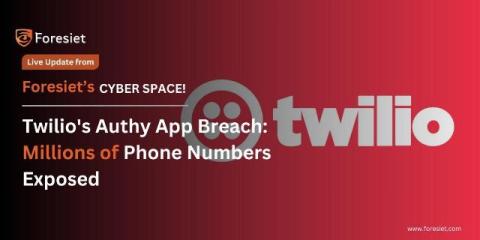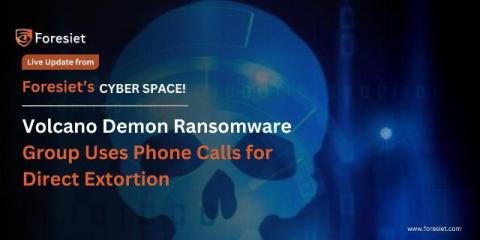If I Click a Link, Will I Get Hacked?
If you click on a malicious link, also known as a phishing link, there is a possibility that you’ll get hacked. This is because clicking on a phishing link could immediately cause malware to download on your device. Alternatively, clicking on a link can direct you to a dangerous phishing website where you’re prompted to enter your personal information. Continue reading to learn more about how clicking a link can lead to getting hacked and how to avoid clicking on these malicious links.











